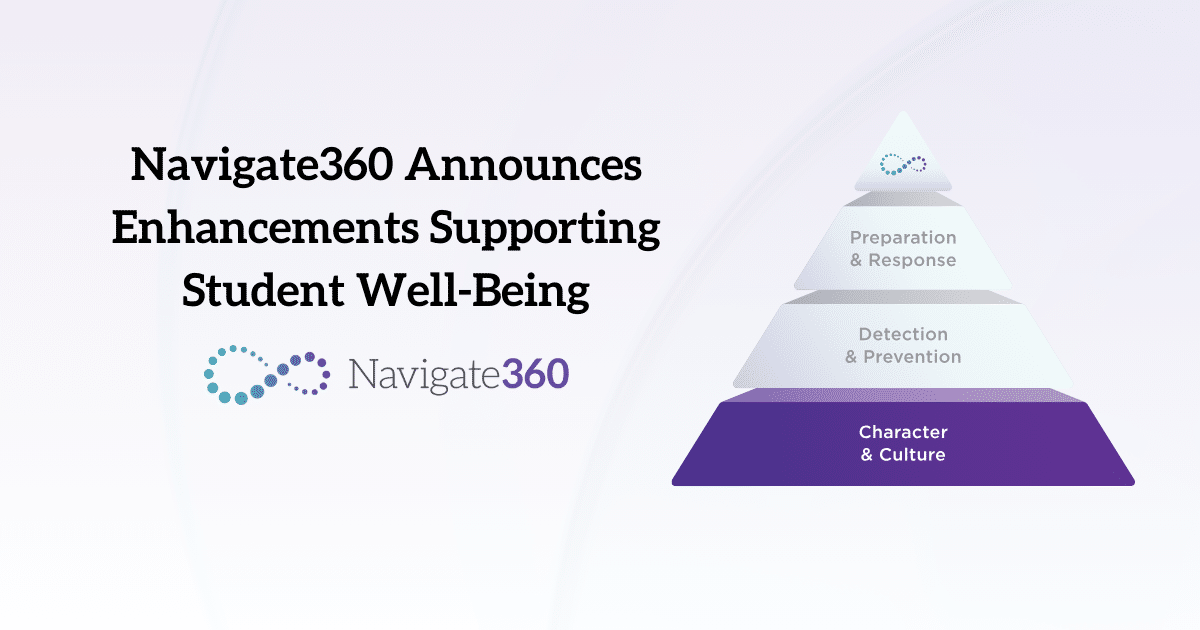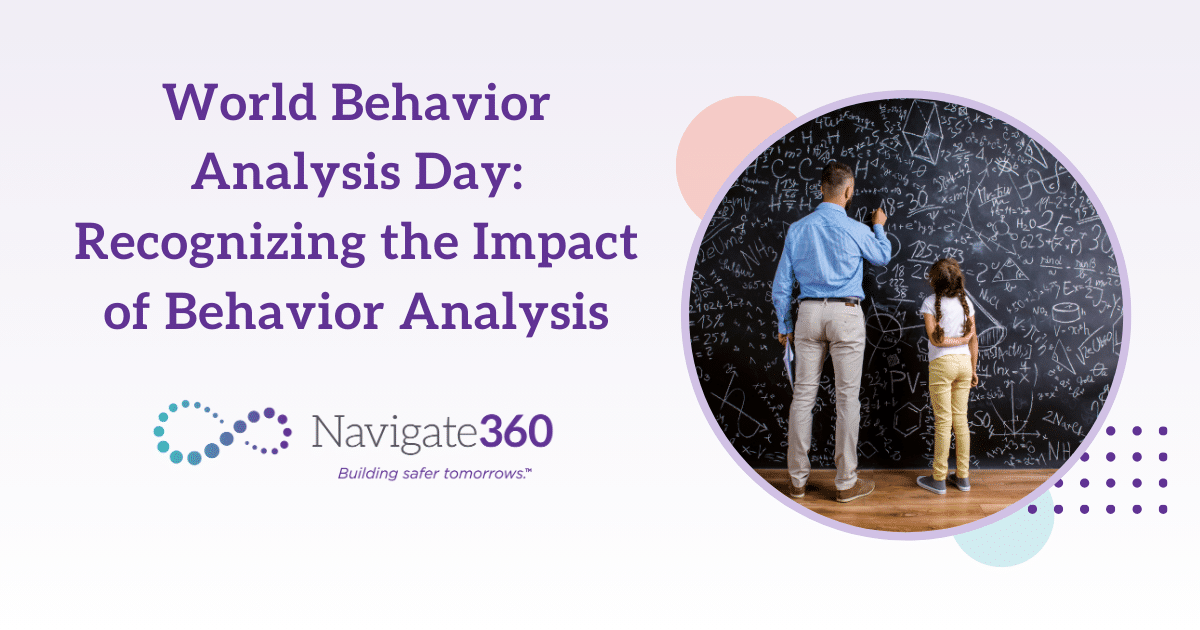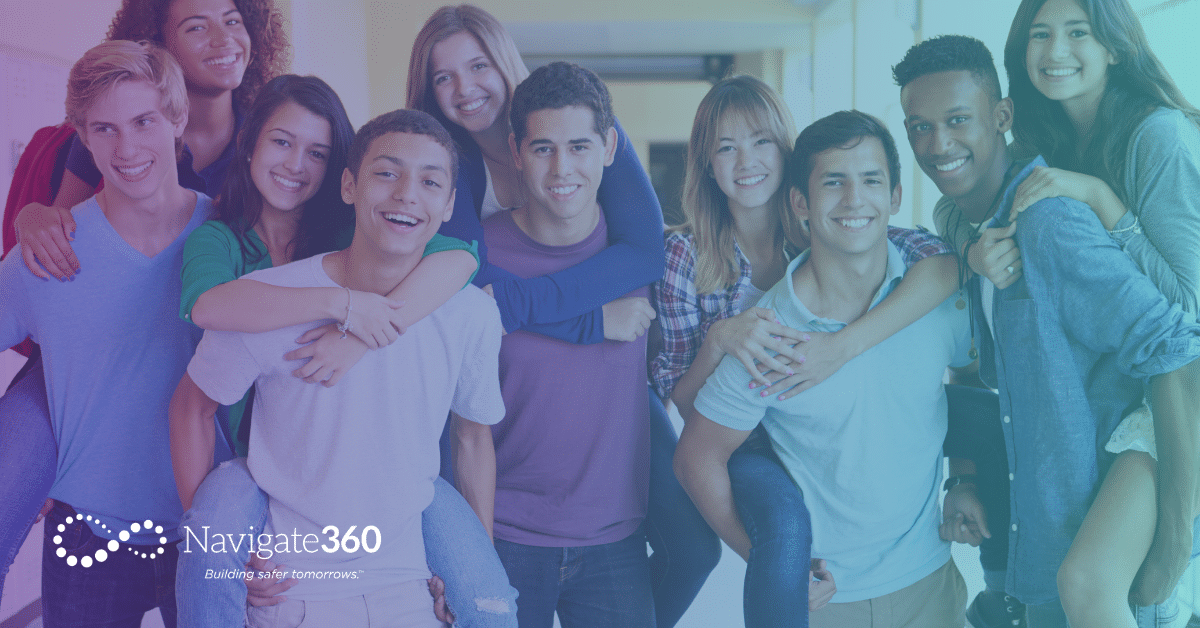Equipping Your Students for Success Now & in the Future
Social-emotional learning, or SEL, involves intentional instruction aimed at developing core personal skills that enable individuals to experience personal success. These SEL competencies include the ability for individuals to understand and regulate their emotions, build positive relationships, and make responsible decisions. Mastery of these skills is critical to personal development, academic achievement, mental well-being, and long-term success.
Core SEL Competencies
Development of SEL competencies helps to create successful interpersonal relationships. Intentional instruction in social-emotional learning builds the following foundational skills:
Self-Awareness
At the center of SEL competencies is self-awareness. This involves recognizing and understanding one’s own emotions, strengths, and areas for growth. Individuals with strong self-awareness skills are better able to regulate their emotions, make sound decisions, and respond effectively to a variety of situations. This skill is the foundation for the other SEL competencies.
Self-Management
Working in tandem with self-awareness, the ability to manage and control one’s emotions, thoughts, and behaviors is known as self-management. Individuals who have mastered self-management adapt to changing circumstances, resist acting upon impulse, and remain level-headed in stressful situations. Like many other skills, self-management requires consistent practice to attain mastery. However, it’s an essential skill for maintaining a positive and constructive approach during challenging events.
Social Awareness
Recognizing and being aware of one’s own emotions and those of others is a key trait in emotional intelligence. Social awareness is closely linked to self-awareness and self-management, enabling individuals to show empathy, navigate social situations, and build meaningful relationships. Socially aware individuals are able to adjust to the needs of their peers and community. Collectively, social awareness helps to create a positive and supportive social environment.
Responsible Decision-Making
Ethical and constructive choices are a hallmark of responsible decision-making, a crucial SEL competency that affects both personal growth and societal contribution. Strong decision-making skills include consideration of others as well as self, review of possible consequences, and actions that align with individual integrity.
Relationship Skills
Strong interpersonal and communication skills are closely linked to the other SEL competencies and are critical to building positive, productive relationships. Individuals must be able to express themselves clearly and actively listen to others, as well as collaborate, resolve conflicts, and exhibit teamwork. These relationship skills are critical to both personal and professional connections.
SEL Competencies Build Success
Not only does social-emotional learning affect personal growth and development, SEL competencies also impact academic success. Research indicates that SEL competencies are a critical part of academic success, improved attendance, and engaged learning. SEL helps students to feel safe and supported in the academic environment, which leads to better mental health and greater engagement in school and classroom culture.
Beyond the classroom setting, SEL competencies are a significant factor in building an effective workforce. Employers seek individuals who are equipped to handle stress, manage time effectively, and collaborate with peers. The strong social and emotional skills developed in SEL contribute to a positive workplace culture of collaboration, innovation, and well-being. In fact, SEL is increasingly recognized as an essential component of 21st-century education, producing positive school climates as well as positive workplace cultures.
Boosting SEL Competency with Navigate360
For districts and schools seeking to bolster academic success, student mental health and well-being, and effective school climate, social-emotional learning can be the key. By preparing students with the skills they need to successfully navigate interpersonal relationships, educators can improve school climate for everyone.
Suite360 for Students enables educators to apply a structured, scaffolded curriculum designed exclusively to boost social-emotional skills. Designed to provide intentional SEL instruction in an age-appropriate manner, Suite360 for Students includes the largest library of lessons available for students PK-12. The robust curriculum is ever-evolving with diverse topics, videos, and gamification to keep students engaged.
Students aren’t the only ones to benefit from Suite360 offerings. Suite360 for Staff helps staff support students and provides emotional wellness and professional development opportunities related to SEL instruction. When school staff understand student SEL needs, they can supply the type of support students need to develop these critical skills.
Including families in SEL is critical for building student mastery, as well. Suite360 for Families enables parents and guardians to take an active role in their student’s SEL progress. With web-based and mobile lessons, families can participate from the comfort and privacy of their home, using their own devices. Lessons are available in English and Spanish, and resources are available in multiple languages to allow for a variety of family needs.
SEL competencies are a critical part of a well-rounded education, and Navigate360 helps schools to provide engaging, effective SEL instruction. We’d love to tell you more – contact us today!




